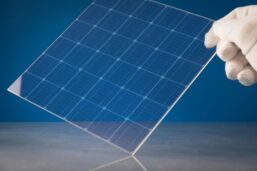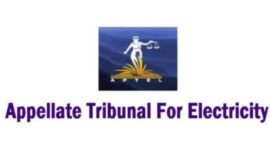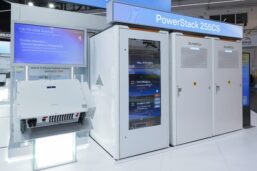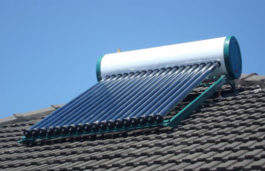Highlights :
- An approved domestically approved charging connector and standard offers an opportunity to reduce clutter in the charging space.
- With many firms building businesses based on charging, common standards will also expand the pool of users.
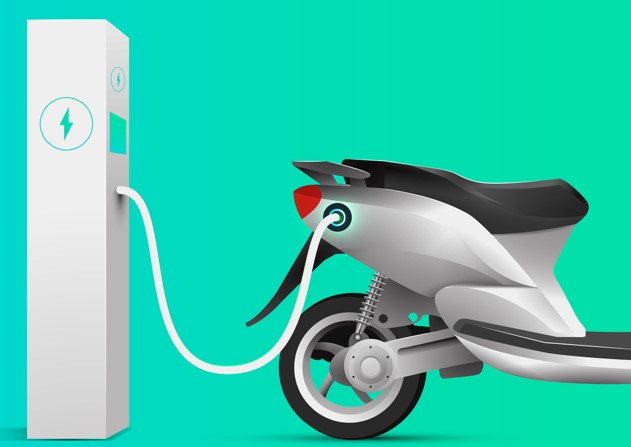
In big news for the Indian EV ecosystem, the Bureau of Indian Standards (BIS) has approved the first-ever indigenously developed connector standard for two and three wheelers, developed by Ather Energy. The charging connector is expected to provide a strong fillip to the charging ecosystem for two wheelers especially, as the firm is clear it is not looking to monetise the innovation.
Speaking to a CNBC TV18 reporter, Swapnil Jain, Co-Founder, Ather Energy said that the standard was made public by Ather almost six months prior to the formal approval from BIS. Ather Energy in fact had opened up its charging platform for all two wheelers back in 2021, to prevent the splintering up of the charging networks, and the use of multiple standards at such an early stage of the industry’s evolution. He expects the approval from BIS to completely change the charging infrastructure scenario in the country, making it easier for OEMs to adopt common standards with interoperability. Even third party charge point operators for two wheelers can make standardised stations that can work with multiple two wheeler models, allowing for better access for customers, and revenues for such players. Jain added that in an ideal outcome, all OEMs would work together in a consortium to build on and improve this standard together.
Wide adoption of this locally designed connector could support faster spread of charging networks, where charging interoperability and standardisation have been flagged as key issues.
Called the Light Electric Combined Charging System (LECCS), it joins the type 6 connector, as it is called, has been pushed by some other manufacturers. In effect, the two wheeler electric makers have two standards to choose from now, with the Ather LECCS possibly gaining an edge due to its open source approach and presumably, lower costs now. The key point of difference between the two was basically around compatibility with AC and DC charging, with the LECCS offering both options, unlike type 6 connectors which work only with DC charging usually.
Keep in mind that most large scale efforts to build out charging networks by discoms and other organisations have focused on four wheelers with CCS2 type chargers, leaving two wheeler owners to seek options that work on their vehicles, due to varying sizes and configurations.
Going ahead, Ather Energy hopes to see its own charging stations double up to 3000 in the next 9-12 months. As other OEMs and vendors start adopting this standard, it will mean more access for users to other charging stations on the same standard, making charging more accessible for all.




